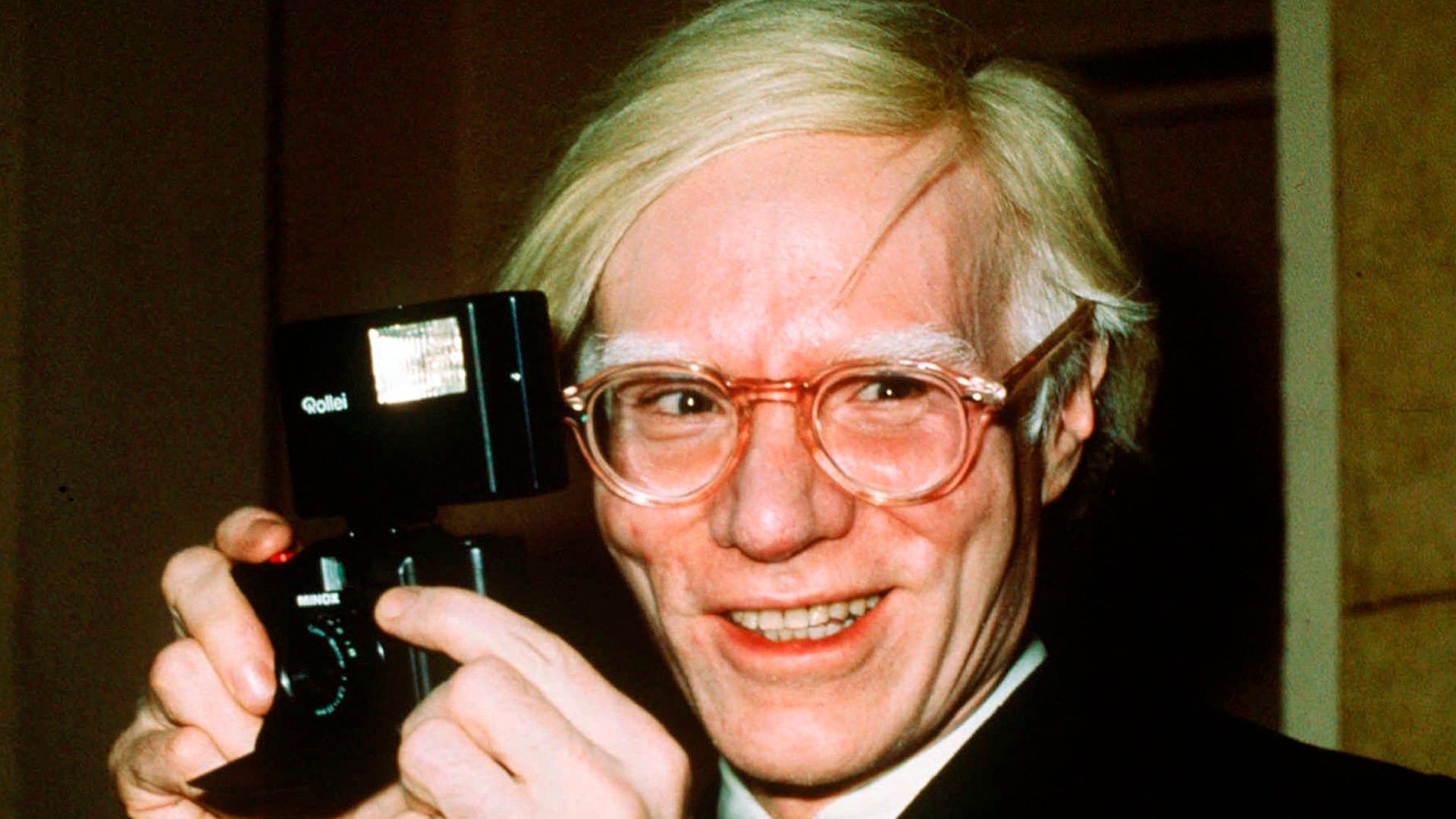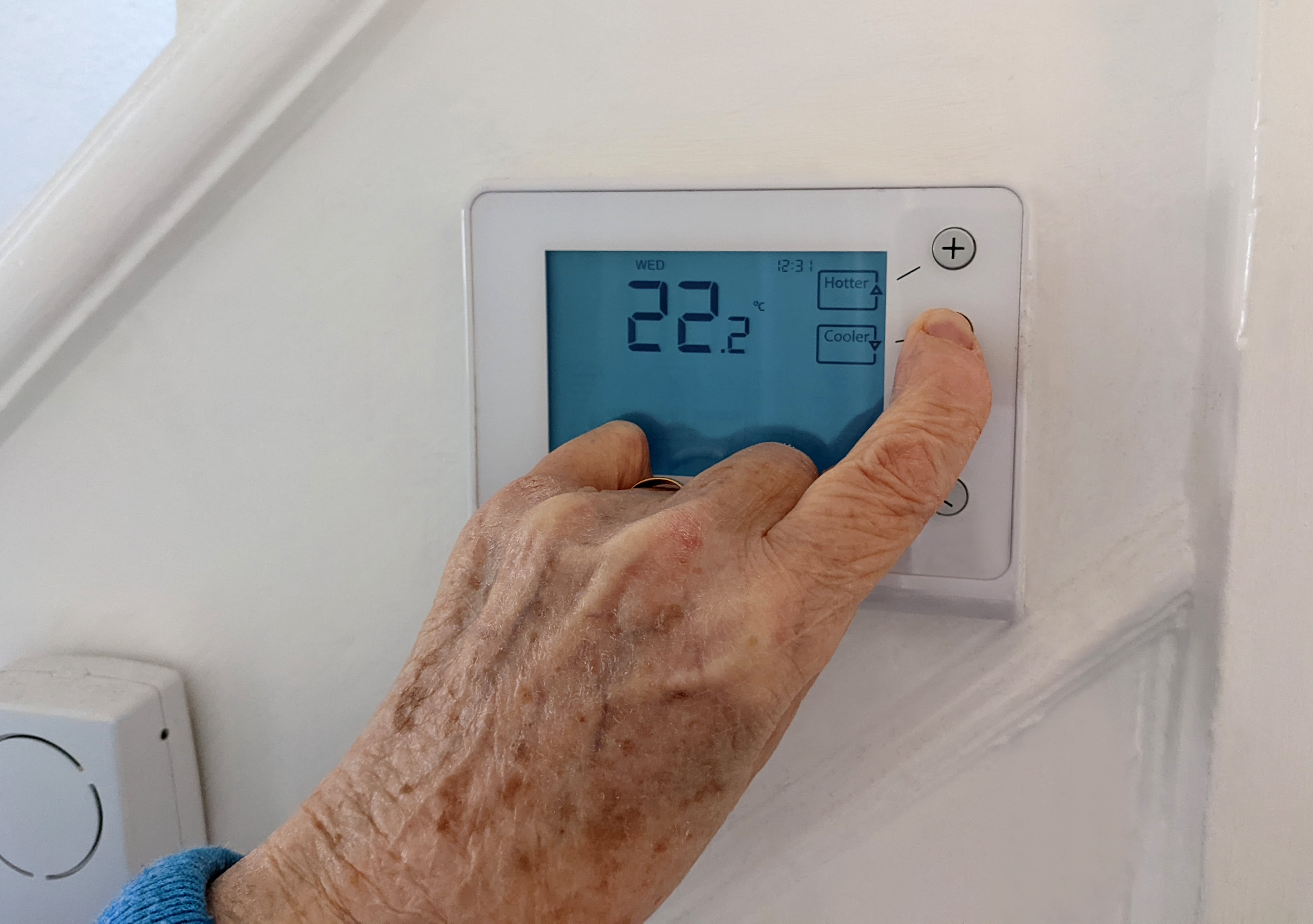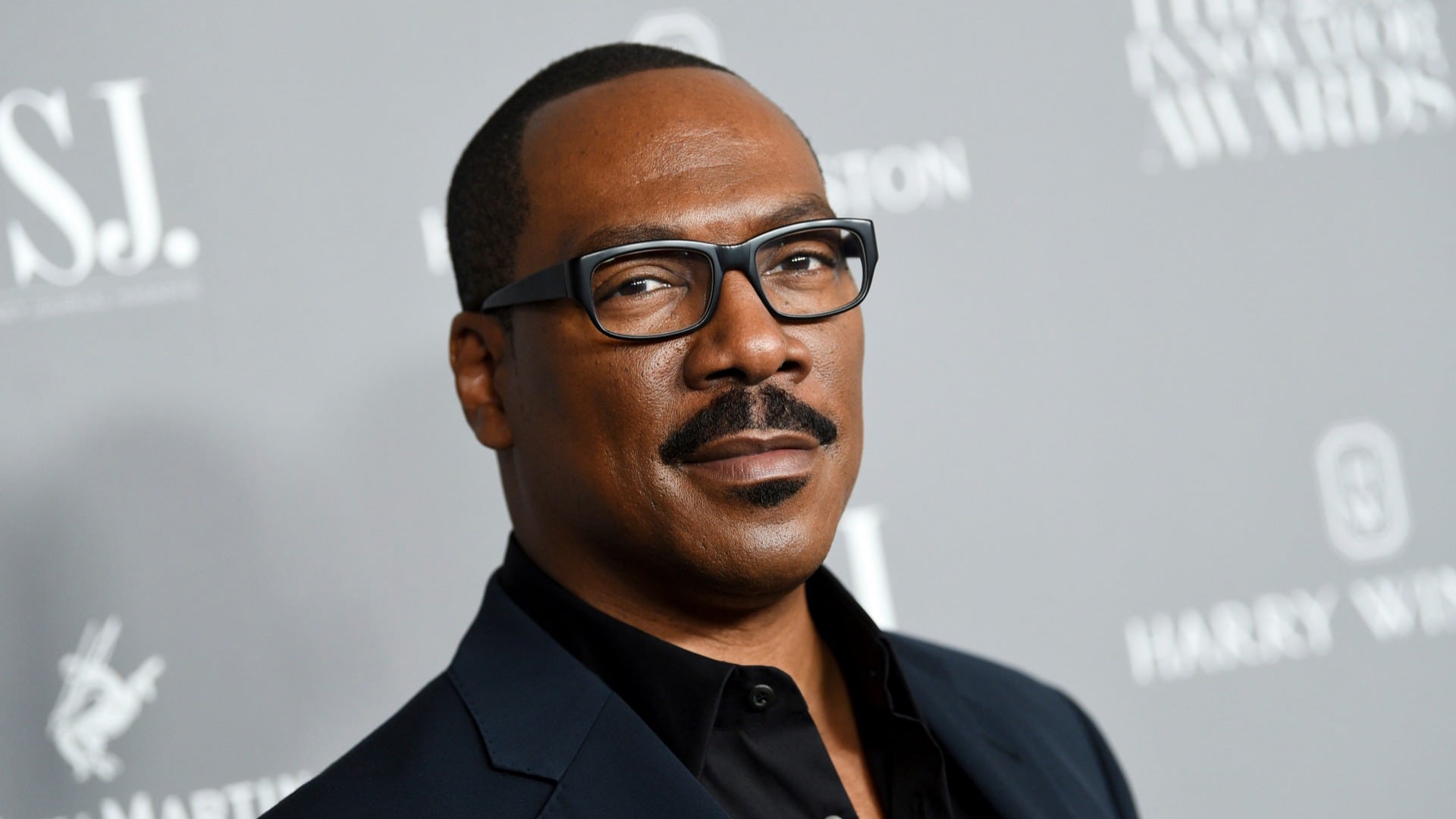By Jessica Gresko
The Supreme Court on Thursday ruled in favor of a photographer who claimed the late Andy Warhol had violated her copyright on a photograph of the singer Prince.
“Lynn Goldsmith’s original works, like those of other photographers, are entitled to copyright protection, even against famous artists,” Justice Sonia Sotomayor wrote in an opinion joined by six of her colleagues.
The case involved images Warhol created of Prince as part of a 1984 commission for Vanity Fair. Warhol used one of Goldsmith's photos as a starting point, a so-called artist reference, and Vanity Fair paid Goldsmith to license the photo. Warhol then created a series of images in his signature style.
Vanity Fair chose one of the images — Prince with a purple face — to run in the magazine. The magazine ran another image from the series on its cover following Prince's 2016 death. It was that second use that the justices dealt with in the case.
Lawyers for Warhol’s foundation had argued that the artist had transformed the photograph and there was no violation of copyright law. But a majority of the justices said a lower court had correctly sided with Goldsmith.
Some amount of copying is acceptable under copyright law as “fair use.” To determine whether something counts as fair use, courts look to four factors set out in the federal Copyright Act of 1976. A lower court found that all four factors favored Goldsmith. Only the first factor was at issue in the Supreme Court case and Sotomayor wrote that: “The first factor favors Goldsmith."













